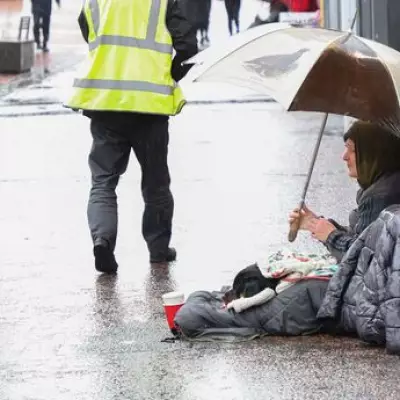
Millions of state pensioners across Britain are waking up to welcome news as the Department for Work and Pensions (DWP) begins distributing £300 cost of living payments directly into bank accounts. This crucial financial support arrives just as winter approaches, providing relief to those struggling with rising energy bills and essential costs.
Who Qualifies for the Payment?
The £300 payment is being automatically sent to anyone who received the Winter Fuel Payment during the previous qualifying week. This includes most people of State Pension age, typically those born on or before September 25, 1957. The payment should appear in bank statements marked as 'DWP COLP' alongside the recipient's National Insurance number.
Payment Schedule and What to Expect
The majority of eligible pensioners can expect to see the money in their accounts between now and November 19th. However, some payments may take slightly longer to process depending on individual circumstances and banking arrangements.
Key details about the payment:
- Automatic payment - no need to apply
- Tax-free and doesn't affect existing benefits
- Paid separately from regular pension payments
- Appears as 'DWP COLP' in bank statements
Additional Support Available
This £300 payment represents the second of three cost of living payments scheduled for the 2023/24 financial year. A final £299 payment is planned for spring 2024, completing the government's £900 support package for millions of low-income households.
For those who believe they should have received the payment but haven't seen it by November 19th, the DWP has established a dedicated claims service that will open in mid-November. Pensioners are advised to wait until after this date before contacting authorities, as payments are being processed in batches.
Broader Cost of Living Support
This payment forms part of a wider government strategy to support vulnerable households through the ongoing cost of living crisis. Alongside pensioner support, working-age benefit recipients will also receive similar payments throughout the financial year.
As winter tightens its grip and energy costs remain stubbornly high, this financial injection provides much-needed reassurance to Britain's pensioner community, ensuring they can maintain warmth and dignity during the coldest months.





